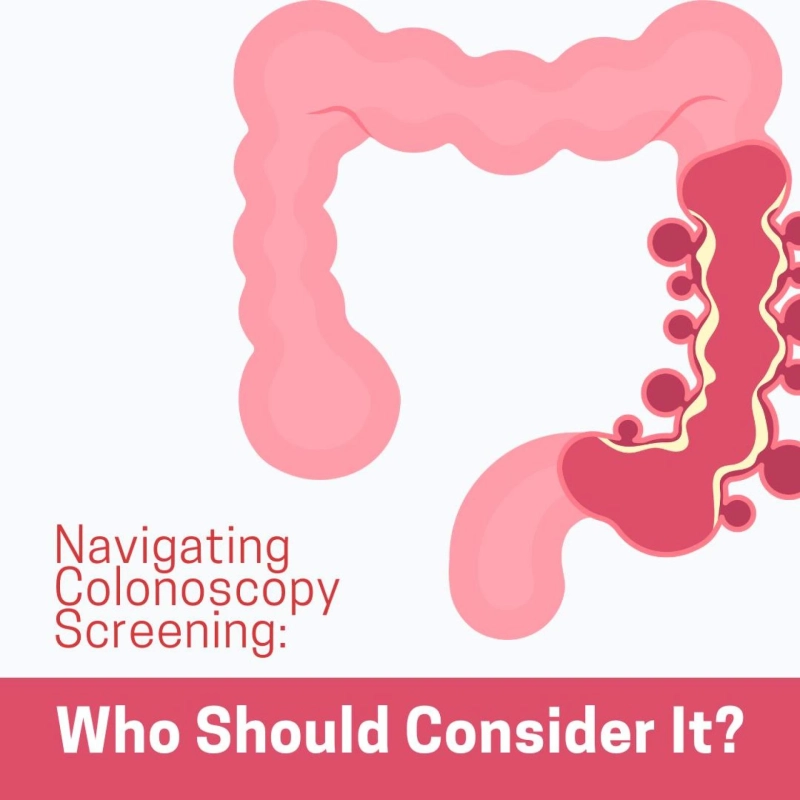Colonoscopy is a vital medical procedure that plays a crucial role in the early detection and prevention of colorectal cancer – one of the most common and potentially deadly forms of cancer. While many may associate colonoscopy with older adults, it's important to recognize that this screening is recommended for individuals with various risk factors, regardless of age. Understanding who should consider a colonoscopy can empower individuals to take proactive steps toward their health and well-being.
The Importance of Colonoscopy
Colorectal cancer is a silent but formidable adversary that often presents no symptoms in its early stages. However, if left unchecked, it can develop into a life-threatening condition. Colonoscopy is an effective tool for early detection, enabling medical professionals to identify and remove precancerous polyps before they become malignant.
Who Should Consider a Colonoscopy Screening?
Age and Risk Factor-Based Guidelines: While the recommended age to start colonoscopy screenings has historically been around 50, recent trends suggest that colorectal cancer is affecting younger individuals as well. Thus, age alone should not dictate the need for a colonoscopy. Instead, it's essential to consider risk factors.Family History: Individuals with a family history of colorectal cancer, particularly in a first-degree relative (parent, sibling, or child), have an increased risk. Screening may be recommended at an earlier age or more frequently for these individuals.Personal History: Those who have previously had colorectal cancer, polyps, or inflammatory bowel disease (such as Crohn's disease or ulcerative colitis) are at a higher risk and may need earlier and more frequent screenings.Genetic Syndromes: Certain genetic conditions, such as Lynch syndrome and familial adenomatous polyposis (FAP), predispose individuals to a significantly higher risk of colorectal cancer. These individuals may require earlier and more intensive screenings.Racial and Ethnic Factors: Studies suggest that African American individuals may be at a higher risk of developing colorectal cancer at a younger age. Therefore, starting screenings earlier might be recommended.Unexplained Symptoms: Symptoms like rectal bleeding, changes in bowel habits, unexplained weight loss, or persistent abdominal discomfort should prompt a conversation with a healthcare provider regarding the need for a colonoscopy.Screening Frequency
The frequency of colonoscopy screenings depends on an individual's risk factors and the results of previous screenings. Generally, individuals at average risk may need a colonoscopy every 10 years starting at the age of 50. However, those with higher risks may require more frequent screenings, starting at a younger age.
Colonoscopy is not limited to a specific age group; it's a vital screening tool that can save lives by detecting and preventing colorectal cancer. It's important to recognize that age is just one factor in determining the need for a colonoscopy. Understanding your personal and family medical history, genetic predisposition, and other risk factors is essential for making informed decisions about your health. Engaging in open conversations with healthcare providers and adhering to recommended screening guidelines can go a long way in ensuring your well-being and early detection of any potential health concerns. After all, taking control of your health is a powerful step toward a healthier future.


